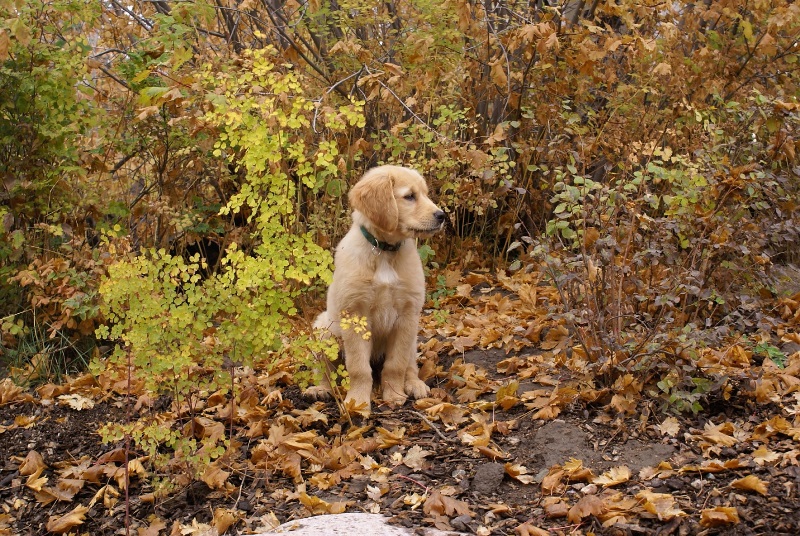
They are confined to the foreshore by a 1.8 m (6 ft) drystane dyke, which completely encircles the island, forcing the sheep to evolve this unusual characteristic.

The semi-feral flock on North Ronaldsay is the original flock that evolved to subsist almost entirely on seaweed – they are one of few mammals to do this. The Rare Breeds Survival Trust lists the breed as a priority on its 2021–2022 watchlist, and they are in danger of extinction, with fewer than 600 registered breeding females in the United Kingdom. It was formerly kept primarily for wool, but now the two largest flocks are feral, one on North Ronaldsay and another on the Orkney island of Auskerry. It is a smaller sheep than most, with the rams (males) horned and ewes (females) mostly hornless. It belongs to the Northern European short-tailed sheep group of breeds, and has evolved without much cross-breeding with modern breeds.

The North Ronaldsay or Orkney is a breed of sheep from North Ronaldsay, the northernmost island of Orkney, off the north coast of Scotland.


 0 kommentar(er)
0 kommentar(er)
